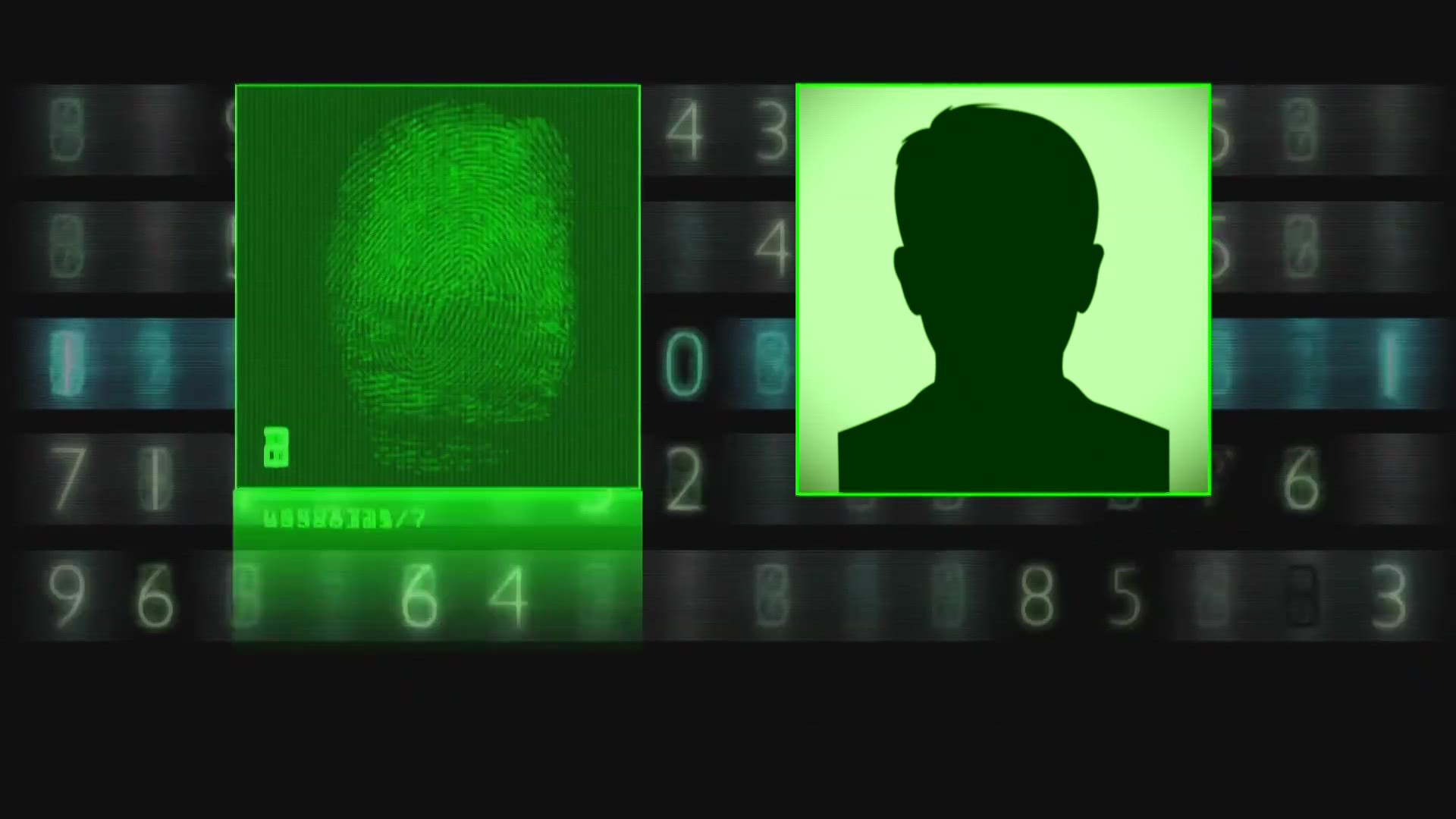WHEATON, Ill. — Beginning on Sept. 29, 1982, and over the next week, seven people were murdered in the Chicago area after unknowingly taking Tylenol pills that were spiked by a killer. Now, investigators are turning once again to DNA evidence to try to identify the person or people who did it, report CBS Chicago's Dave Savini, Samah Assad and Rebecca McCann.
Laura Morgan was only 3 years old in 1982 when her mother, Linda Morgan, bought a bottle of Tylenol from her local grocery store to ease the pain of an aching leg.
Like several others, Linda didn't know the bottle she purchased contained pills poisoned with cyanide. But unlike the others, she survived.
"Now that I'm old enough to understand – I have a child of my own – knowing that my life could have been forever altered without my mom or dad," Laura said, "I don't know why we were spared, but we were."
But when she opened the bottle, then-35-year-old Linda sensed something was off and decided not to take the Tylenol.
"I had the bottle open. I looked at one of the capsules," Linda, now 75, told Savini in her first interview since the events. "And then I thought, no, I'll just take aspirin instead. I could have been the eighth victim."


On Oct. 28, 1982, CBS Chicago's Terry Anzur reported that Linda and her husband, DuPage County Judge Lewis Morgan, both touched the bottle. Authorities took the judge's fingerprints to eliminate him as a suspect.
"I don't think it's really hit yet how fortunate we were," Judge Morgan said at the time. "I think the first feeling we both have is a feeling of extreme sympathy, now that it's touched us so closely, for the people that weren't so fortunate as we."
Now, with the case still unsolved, new documents obtained by CBS Chicago reveal an intense effort to use advanced DNA technology to identify the killer. And 40 years later, the Morgan family still finds itself a piece of that puzzle.
The Arlington Heights (Illinois) Police Department (AHPD) is initiating much of the DNA testing and collection as it continues to investigate the deaths of three members of the same family – Adam Janus, Teresa Janus, and Stanley Janus. They all were killed in Arlington Heights after taking poisoned Tylenol.
Joe Janus, who lost his two brothers and sister-in-law, said he hopes DNA will help police arrest the killer. It's something he wants to see before he dies.
"He's an animal," Janus said. "He kills people with no fear."
The AHPD records were obtained through a Freedom of Information Act request. Those documents, along with interviews with the Morgan family, show the police department collected a swab of DNA from Laura on Jan. 14, 2020 – 38 years after the murders.
That same day, Laura also provided to police one of her dad's old smoking pipes to obtain his DNA. He died in 2018.


"I'm assuming there's got to be some other DNA on that bottle," Laura said of the bottle her mother purchased in 1982. "They have something. If they need DNA, if they need my cheek swabbed, if they need evidence from the past people, from the past DNA, they must have something that they are running or retesting."
AHPD said in a statement that the recent DNA testing done on the Morgan family was to eliminate their DNA, and officials continue to review and submit elimination prints for people they know handled evidence. The agency would not comment on what specifically prompted investigators to take another look at the Morgan family's DNA, and why it wasn't until 2020 that they took Laura's DNA, citing the ongoing criminal investigation.
"Elimination prints and/or DNA elimination of those individuals who are known to have been in possession of contaminated bottles has been an ongoing and important effort," the statement said. "The department was able to conduct this necessary process in 2020."
It was also 2020 when the police department began working with Houston-based company, Othram, in hopes of leveraging advanced forensic DNA technology to solve the case, records show.
Kristen Mittelman, the chief development officer at Othram, agreed to an interview on the condition that she would not discuss cases the company is working on, like the Tylenol murders.
"There are cases that we've completely solved – notorious cases we've completely solved – that we cannot speak of until law enforcement comes out and speaks of them or announces it themselves," Mittelman said.
Othram uses specialized technology to extract trace amounts of human DNA from items and analyze them, even if they are old or degraded.
The goal, Mittelman said, is to find distant relationships to the person police are trying to identify, such as a victim or a killer, through thousands of markers in the human genome. She also said Othram can analyze DNA smaller than the top of a pin needle.
It's less about identifying a person, and more about excluding other possibilities.
"And when we look at all these markers … we're able to get really distant relationships," she said. "So we can get a fifth cousin here or a fourth cousin here and a third cousin here. Not the relatives you see or you know, but all these really distant relationships. And then you can figure out how far this piece of the puzzle is from all these relationships and fit it onto a family tree exactly where it belongs."
Working with Othram can cost between $6,000 and $10,000 due to the amount of sequencing of the DNA needed to solve a case. The cost depends on how difficult it is to read the DNA. However, the company also crowdsources cash to waive fees for agencies that need funding, such as in AHPD's case.

